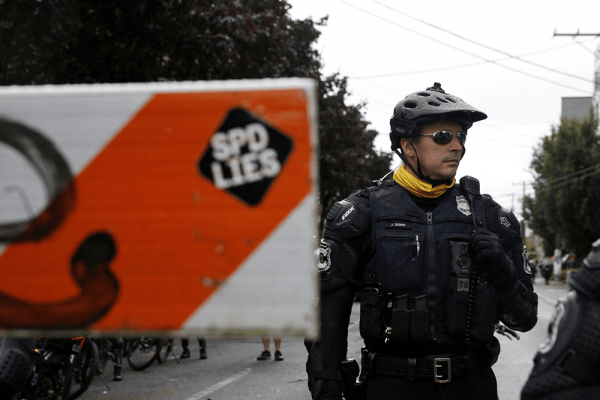Aug 11, 2023
I was supposed to be taking a writing day this past Monday, but the sound of sirens kept distracting me. Sirens in my Seattle neighborhood are not unusual, but the sirens blared from early morning until noon. By that time, I’d heard 10 or more police cars drive by, which felt different. So, during my lunch break, I resolved to walk down the street to see what all the hullabaloo was about. I figured I wasn’t getting any writing done, so I might as well go investigate.
Read the Full Article

Already a subscriber? Login
